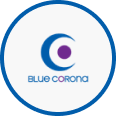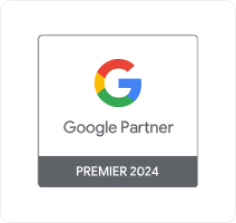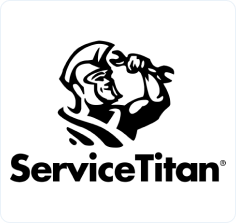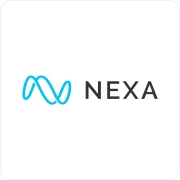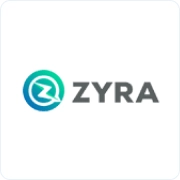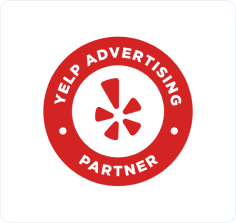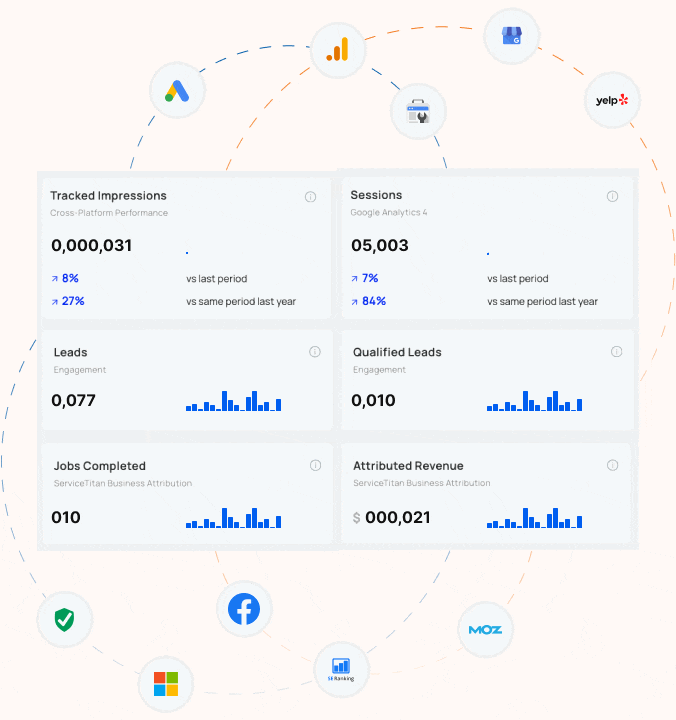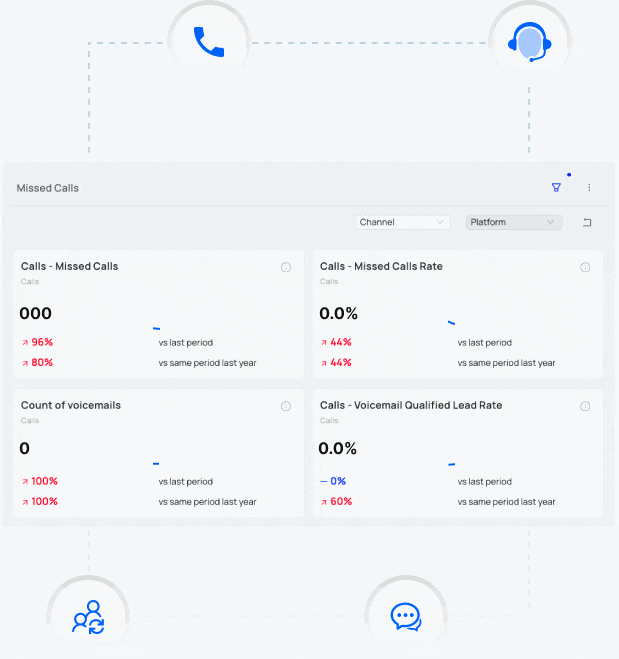
If I asked you to name the main social media platforms, Google Plus probably wouldn’t be one of them. However, despite its low popularity, every so often something happens that pushes Google Plus back to the forefront. Most recently, our clients received a notification from Google that read along the lines of:
“It looks like the Google+ page for [business name] has not been used in a while. To simplify your Google My Business listing, we will be removing this additional page from our system in 30 days.”
Google Plus hasn’t been in the news in a while, so imagine our clients’ surprise to learn:
- Google Plus still exists.
- Not posting on it could have “negative” effects.

Long story short, Google Plus is a social network created by Google. While it shouldn’t necessarily be your first choice of social media networks, it does offer (very) minimal SEO benefits. However, only specific industries should really invest in the platform. Read on to learn what Google Plus is, the benefits of having one (and if you should), and tips to make your Google Plus brand page stand out.
What Is Google Plus (Google+)?
First off, I need to clear something up: Your Google Plus page is not your Google My Business page. You can think of your GMB page as the dashboard from which you manage your company’s local presence, and Google Plus as where you share updates and posts. Arcalea puts it pretty succinctly:
Try to look at it this way: think of your business as a fancy dinner or a birthday party. Google my Business is everything to do with how people find your party and how they get there. Google+ is about the actual party itself, and what kind of things people talk about when they’re there.
Google Plus (officially named Google+) is a social network created by Google that revolves around your “circles”—groups of your contacts, friends, and family members that you create. Instead of sharing posts in one feed, you share posts with your circles, and can share different posts with different circles. You can then also follow and create “collections,” which are similar to Pinterest’s different pin boards.
Launched in 2011, the social network never picked up momentum, and instead, it became the butt of every other marketing joke. It never stood a chance at overtaking social media giants like Facebook and Twitter, and if I’m being honest, it most likely never will.
Should Your Business Even Have a Google Plus Brand Page?

The top question I get from business owners is, “Should I even have a Google Plus page for my business?”
To answer that, let’s back up a minute—what we’re really talking about here is your online real estate, and the more authoritative online real estate you have, the better off you are. However, unless you are a martech company or a news provider you should not sink resources into this platform.
I’ll tell you, the biggest benefits from Google Plus go to journalists and martech companies, strictly because of who the platform reaches and how it reaches them. Google Plus posts can rank, but only for a limited amount of time—just like breaking news stories and tweets.
However, it takes a lot of work to actually turn this platform into some sort of traffic and lead-generating channel, and isn’t worth it for most companies.
How a Google Plus Pages Affects SEO
Does Google Plus affect SEO?
Long story short, it doesn’t hurt, but it doesn’t offer HUGE SEO benefits. It’s not going to hurt your plan if you skip it.
However, Google Plus is considered a social media platform by Google, which means shares and +1s on your posts are considered social media signals—meaning yes, Google Plus is one social media channel that affects SEO. Social signals are part of the search algorithm, albeit a small part.
Social Signal: A Like, Retweet, Share, +1, or other social media engagement metrics. It’s like a vote of confidence that people are finding your posts helpful/entertaining/interesting.
While social media signals don’t have a direct impact on search rankings, they can affect your search engine optimization efforts in primarily four ways:
- Increased online visibility and traffic to your website
- Increased authority and brand recognition
- Broader content distribution and longer content lifespan
- Improved local SEO
What’s more, is that Google Plus posts can rank in search results, just like Twitter posts.
How to Succeed with Google Plus
If you do have the resources to dedicate to Google Plus and decide it’s THE platform for you (I don’t know why you would, but hey—to each his own), there are ways to optimize your strategy:
- Post consistently, and use hashtags – hashtags are another way people can find your posts. Learn more about Google posts >>
- Use bold headings and shortcuts for text to make your posts stand out – if you can’t get their attention, they won’t engage.

- Include high-quality images – images are more engaging than plain text posts.
- Join communities for more exposure – the more targeted your communities, the more sway you’ll have in your area of expertise.
- Create collections – similar to pin boards, collections allow you to group like posts together for easy browsing.
- Embed +1 sharing widgets and Google Plus links on your website – give people interested in your business a way to engage with your profile without even leaving your website.
Need Help with Your Google Plus, Google My Business, or Social Media Accounts?
Luckily for you, we’re experts. If you need help and are interested in social media marketing services, contact us here, or get a free social media analysis by filling out the form below.

